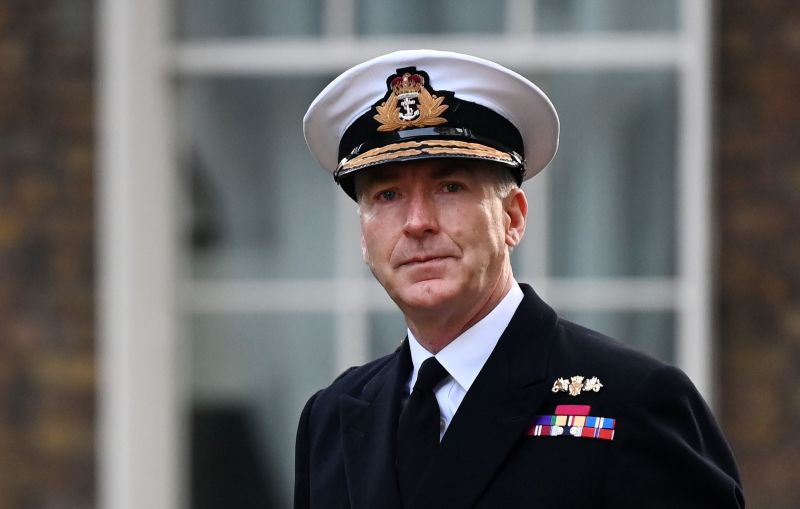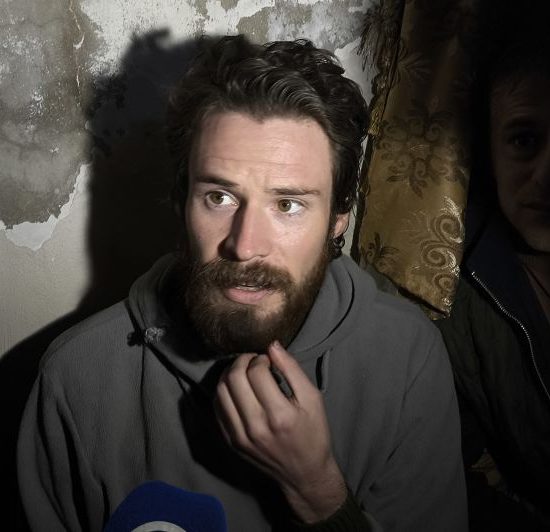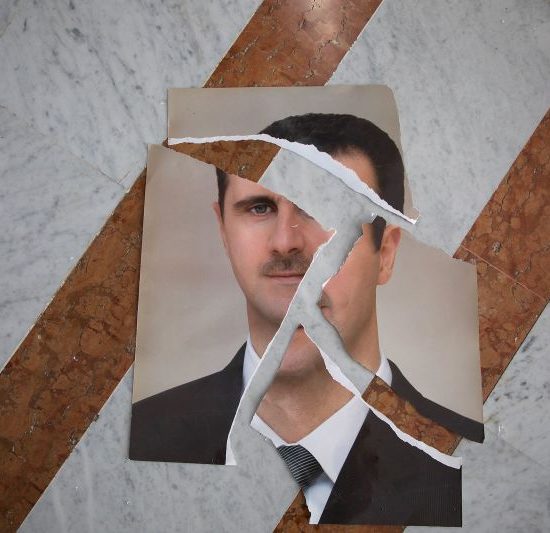The world is at the brink of a third nuclear age, the head of the United Kingdom’s armed forces warned.
“The world has changed,” Admiral Sir Tony Radakin said in a lecture on Wednesday at the UK’s Royal United Services Institute. “Global power is shifting, and a third nuclear age is upon us.”
This age, he warned, is “altogether more complex” than those that came before it. The first of these ages was the Cold War, Radakin said, while the second was defined by disarmament efforts.
This third nuclear age, which, according to Radakin, the world is “at the dawn of,” is “defined by multiple and concurrent dilemmas, proliferating nuclear and disruptive technologies, and the almost total absence of the security architectures that went before.”
Russia’s war in Ukraine and multiple conflicts in the Middle East have upended global stability, he suggested.
The deployment of North Korean troops on Russia’s border with Ukraine was the year’s “most extraordinary development,” he said, as well as Moscow’s use of Iranian-supplied drones and its threats to arm Yemen’s Houthi rebels in retaliation to the West’s support of Ukraine.
In November, Russia updated its nuclear doctrine, two days after US President Joe Biden granted Ukraine permission to strike targets deep inside Russia with American-made weapons.
Despite this, Radakin believes that there is only a “remote chance” that Russia will attack or invade NATO, as it knows that the “response would be overwhelming, whether conventional or nuclear.”
“The strategy of deterrence by NATO works and is working,” the armed forces chief said. “But it has to be kept strong and strengthened against a more dangerous Russia.”
Global unease is dividing the world into three groups, Radakin said. In one group is authoritarian states “seeking to challenge the global rules,” including Russia, China, North Korea and Iran.
In the second are “responsible nations,” mostly including democracies, but also Gulf monarchies and others who are “committed to partnership and to the maintenance of stability and security in the world,” he continued.
The third group is made up of countries “hedging and ducking between the two for maximum advantage,” Radakin said.
NATO countries must maintain an advantage over their adversaries in order to defeat them, he added.
In October, an Israeli strike on Iran destroyed Tehran’s ability to produce ballistic missiles for a year, and “took down nearly the entirety of Iran’s air defense system,” he said.
“In this sense, Russia is showing us how not to fight. And Israel, in its response to Iran, has shown us the disproportionate advantage of modern ways of fighting,” Radakin said.





